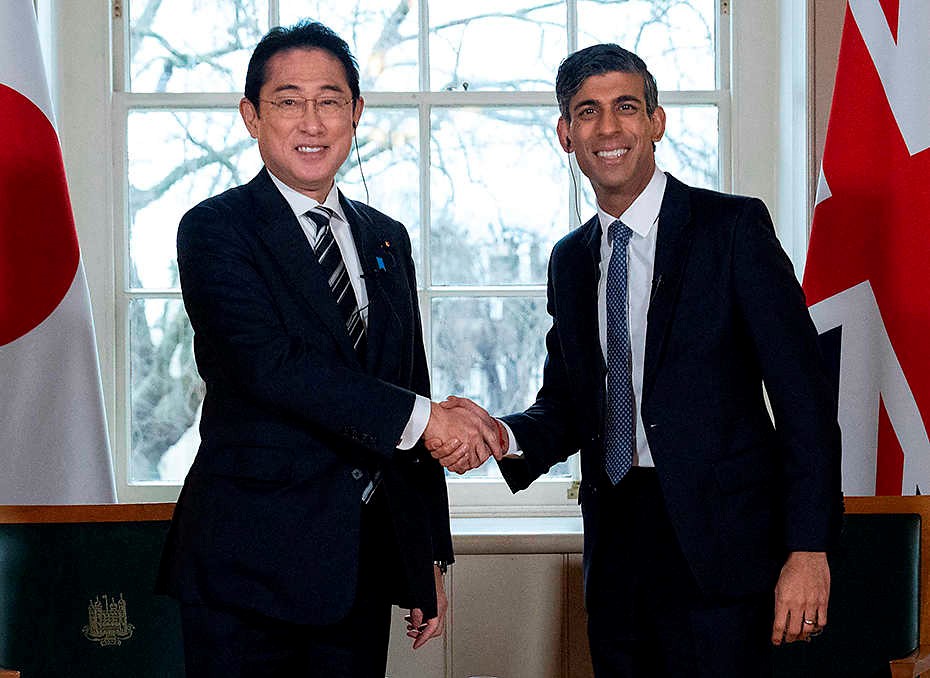Free Courses Sale ends Soon, Get It Now


Free Courses Sale ends Soon, Get It Now



Disclaimer: Copyright infringement not intended.
Context: The U.K. and Japan, signed a defence pact, which will permit the deployment of troops in each other’s countries and increase security cooperation.
Details:
India-UK Relations:
Present developments:
Background of relations:
Bilateral Institutional Engagements:
Economic Cooperation:
Defence:
Education, Research and Innovation:
Climate and Environment:
Health:
Multilateral Collaboration:
Indian Diaspora:
India-Japan Relations:
Background:
Economic:
Defence:
Strategic:
Science & Technology:
Recent initiatives:
https://epaper.thehindu.com/Home/ShareArticle?OrgId=G8SAOA08L.1&imageview=0
© 2024 iasgyan. All right reserved